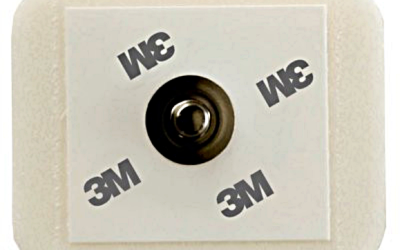In the life of any child or teen, issues can develop that are difficult for parents to identify accurately, understand, and address. As experiences in life impact everyone differently, turning to a professional trained in child & adolescent psychology can help parents to understand and support their children when they may find it difficult or overwhelming.
It is important for parents to understand that the goal of child & adolescent psychology is to help the child to understand their thoughts and emotions and how these are impacting their behavior. It is not about telling a child they are wrong or that they can’t feel a certain way; rather it is about teaching children and parents to use tools and coping strategies that create a positive environment for the child.
When to See a Psychologist
Parents that are struggling with a teen or a child, specifically the child’s behavior and emotional state, will find that child & adolescent psychology can be extremely beneficial.
Often parents notice a change in their child’s behavior that appears to look like frustration, anger, inability to interact with others or problems relating to peers, parents or teachers. These reactions, or behaviors, are the way the child is trying to deal with the thoughts and emotions they are experiencing.
Through talking to the child, and helping the child to discover what is the root cause of the frustration, anger or sadness, the therapist and the child can develop new, more effective coping strategies.
Then, the therapist will also work with the parents or the family member to give them the tools and techniques to continue to help the child to use the effect coping strategies.
The Child’s Response
A professional in child & adolescent psychology is trained both in relating to children and in therapeutic assessments and treatment. The therapist will develop a rapport with the child or teen that encourages the free exchange of ideas and thoughts, and then work with the child to develop techniques to address ineffective strategies and replace them with ones that are appropriate and positive.
For many children learning how to express feelings and to talk about issues that they may have tried to avoid helps to address this pent-up frustration, anger, confusion, or sadness.
Some children will work with a professional offering child & adolescent psychology for a relatively short period of time while others may have longer treatment. Parents will be involved in some aspects of the therapy, and this will be based on the individual child and the issues presented.








